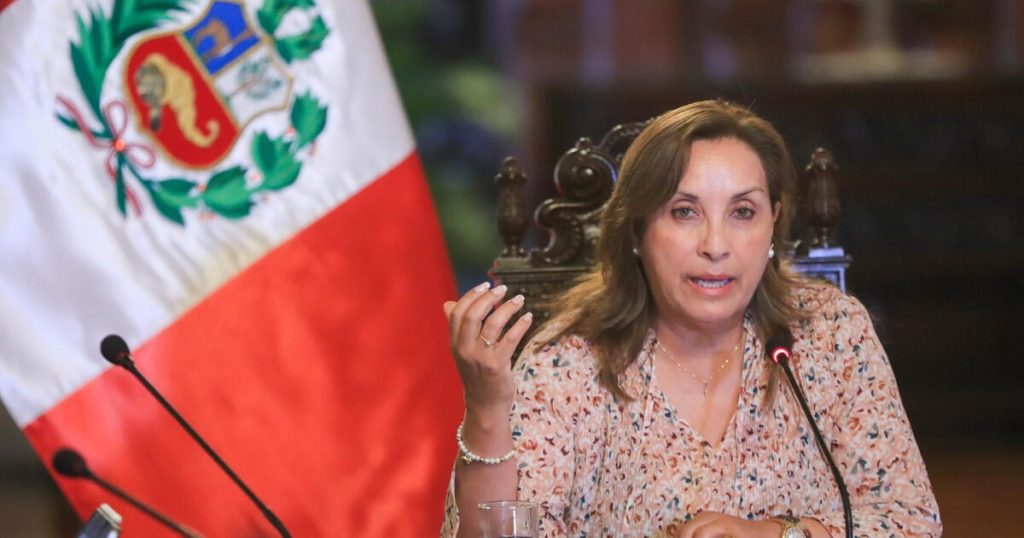Andrea Becerril and Georgina Saldierna
La Jornada Newspaper
Wednesday, December 11, 2024, p. 5
The Senate of the Republic received yesterday, and immediately referred to committees, two initiatives by President Claudia Sheinbaum that issue secondary regulations for the judicial reform and the supremacy of the Constitution.
From the outset, they make it clear that to issue a declaration of unconstitutionality, the Supreme Court of Justice will require at least eight votes.
In the first case, these are modifications to the Amparo Law, regulating articles 103 and 107 of the Constitution, in which the sanctions for judges are toughened, with prison sentences and disqualification for judges, magistrates and ministers who incur in decisions that interfere with the administration of justice.
In the case of a district judge who, through an amparo trial, releases a criminal, he or she will be sentenced to three to seven years in prison and disqualified for up to seven years from holding another position, job or public commission.
The legislation regulates the duration of trials, so that they do not extend unnecessarily, as well as regarding voting in the Supreme Court, where the number of ministers will be reduced from 11 to nine.
In this regard, the transitional articles of the initiative establish that the new ministers elected by the citizens will protest before the Senate on September 1, 2025, while the Supreme Court of Justice (SCJN) will be governed by the rules. of voting contained in the current Amparo Law.
Likewise, this secondary legislation indicates that in the case of amparos that resolve the unconstitutionality of general norms, in no case will the sentences issued establish general effects.
Regarding the regulatory law of article 105 of the Constitution, regarding the supremacy of the Magna Carta, the initiative emphasizes that the challenge of additions or reforms to the supreme law is not appropriate, nor are there any controversies in that same sense.
It is also specified that in no case can suspensions be issued against general norms, neither in unconstitutionality action, nor in constitutional controversies.
Likewise, it is possible for both the Executive and the Legislature to ask the Supreme Court to resolve, as a priority, controversies and unconstitutionality actions promoted for the defense of groups in vulnerable situations.
In article nine of that legislation it is established that Exceptionally, and only when there is urgency, taking into account social interest or public order, the chambers of the Congress of the Union, through their presidents or the federal Executive, through its legal advisor, may request to the head of the Supreme Court of Justice of the Nation that constitutional controversies or unconstitutionality actions are substantiated and resolved as a priority, without modifying in any way the deadlines provided for in the law.
.














